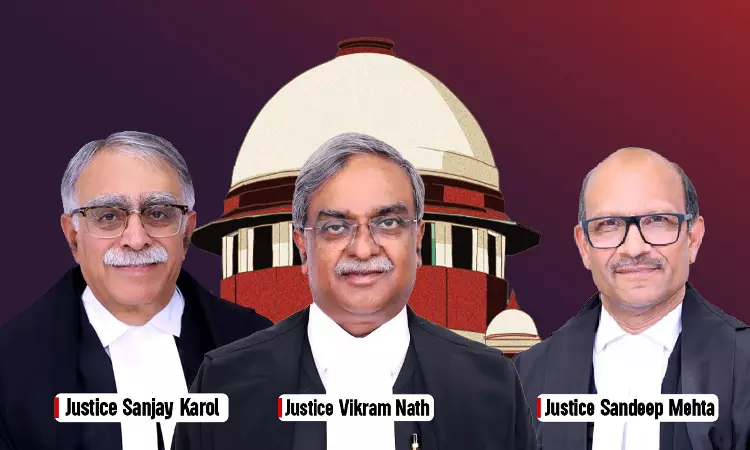The Supreme Court recently reiterated that further investigation can be directed even after the chargesheet has been filed and the trial has commenced. Taking support of Hasanbhai Valibhai Qureshi v. State of Gujarat and Others., (2004) 5 SCC 347, the Court highlighted that the prime consideration for further investigation is to arrive at the truth and do substantial justice.However,...

